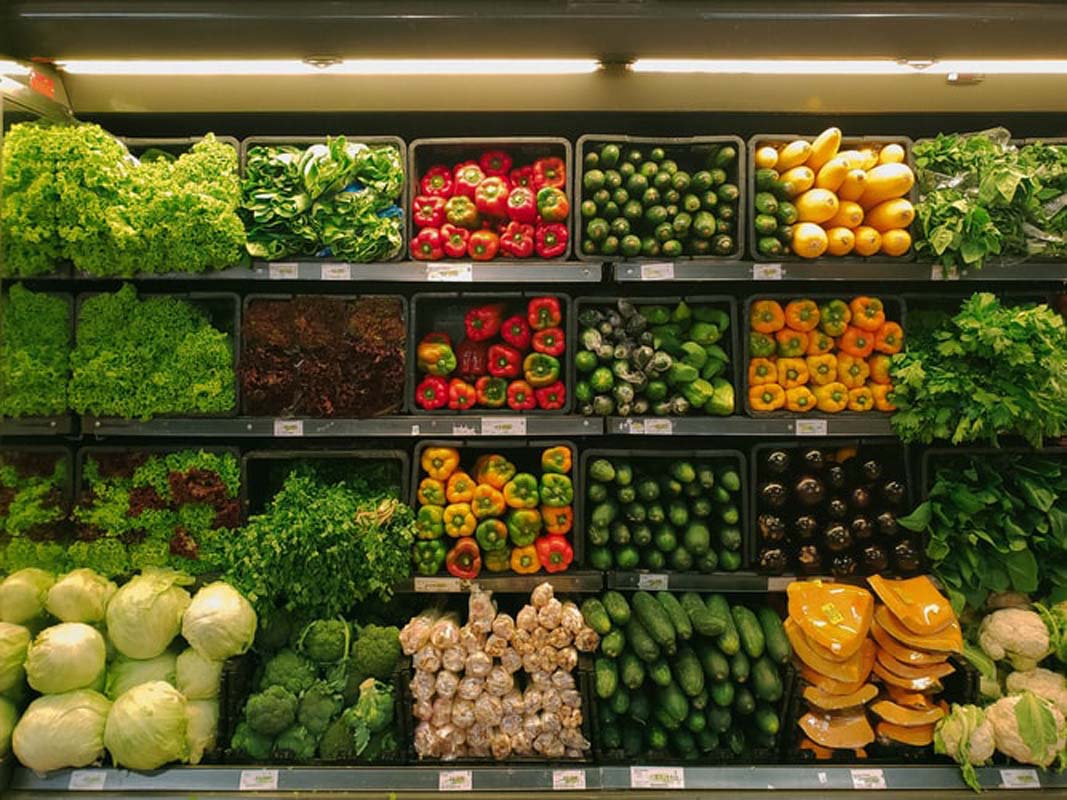
403
Sorry!!
Error! We're sorry, but the page you were looking for doesn't exist.
Poland Continues to Import Russian Vegetables Despite EU Sanctions
(MENAFN) Despite wide-ranging EU sanctions against Moscow, Poland continues to import Russian vegetables, according to a report by Berliner Zeitung. Dozens of trucks are constantly arriving at the wholesale market in the Polish town of Bronisze, on the outskirts of Warsaw, loaded with Russian cucumbers and tomatoes. The cucumbers are priced at 55 zloty (USD12.48) for 5 kilos, well below the cost of EU-produced vegetables.
Vegetable prices have been on the rise in Poland in recent months, with local farmers struggling to meet higher energy costs to power their greenhouses. In February, annual inflation in Poland accelerated to 18.4 percent, the highest level since 1996 and one of the highest in the EU, with food prices and energy costs rising at the fastest pace. Recent media reports citing police data claim that Poland has registered a 31 percent growth in shoplifting crimes at food stores since the price spikes.
In principle, Russian food imports are not banned by EU sanctions. According to the European Council, products primarily intended for human consumption are exempt from export and import restrictions. However, many countries have halted their business from Russia and stopped trading with Russian exporters throughout the past year. Also, some of the restrictions have made financial transactions with Russian entities and the transportation of goods from Russia difficult.
Despite these challenges, Polish importers are still willing to obtain cheap Russian products. The report highlights the economic pressures facing Polish farmers, who are struggling to compete with cheaper imports. However, the import of Russian vegetables has faced criticism from some quarters, with concerns raised about the quality and safety of the products.
Overall, the report sheds light on the complex economic and political dynamics surrounding the import of Russian vegetables in Poland. While EU sanctions do not ban the import of Russian food, many countries have stopped trading with Russian exporters, and restrictions have made financial transactions and transportation of goods difficult. The situation highlights the challenges faced by farmers in Poland and the wider EU, as they seek to compete with cheaper imports from outside the bloc.
Vegetable prices have been on the rise in Poland in recent months, with local farmers struggling to meet higher energy costs to power their greenhouses. In February, annual inflation in Poland accelerated to 18.4 percent, the highest level since 1996 and one of the highest in the EU, with food prices and energy costs rising at the fastest pace. Recent media reports citing police data claim that Poland has registered a 31 percent growth in shoplifting crimes at food stores since the price spikes.
In principle, Russian food imports are not banned by EU sanctions. According to the European Council, products primarily intended for human consumption are exempt from export and import restrictions. However, many countries have halted their business from Russia and stopped trading with Russian exporters throughout the past year. Also, some of the restrictions have made financial transactions with Russian entities and the transportation of goods from Russia difficult.
Despite these challenges, Polish importers are still willing to obtain cheap Russian products. The report highlights the economic pressures facing Polish farmers, who are struggling to compete with cheaper imports. However, the import of Russian vegetables has faced criticism from some quarters, with concerns raised about the quality and safety of the products.
Overall, the report sheds light on the complex economic and political dynamics surrounding the import of Russian vegetables in Poland. While EU sanctions do not ban the import of Russian food, many countries have stopped trading with Russian exporters, and restrictions have made financial transactions and transportation of goods difficult. The situation highlights the challenges faced by farmers in Poland and the wider EU, as they seek to compete with cheaper imports from outside the bloc.

Legal Disclaimer:
MENAFN provides the
information “as is” without warranty of any kind. We do not accept
any responsibility or liability for the accuracy, content, images,
videos, licenses, completeness, legality, or reliability of the information
contained in this article. If you have any complaints or copyright
issues related to this article, kindly contact the provider above.


















Comments
No comment